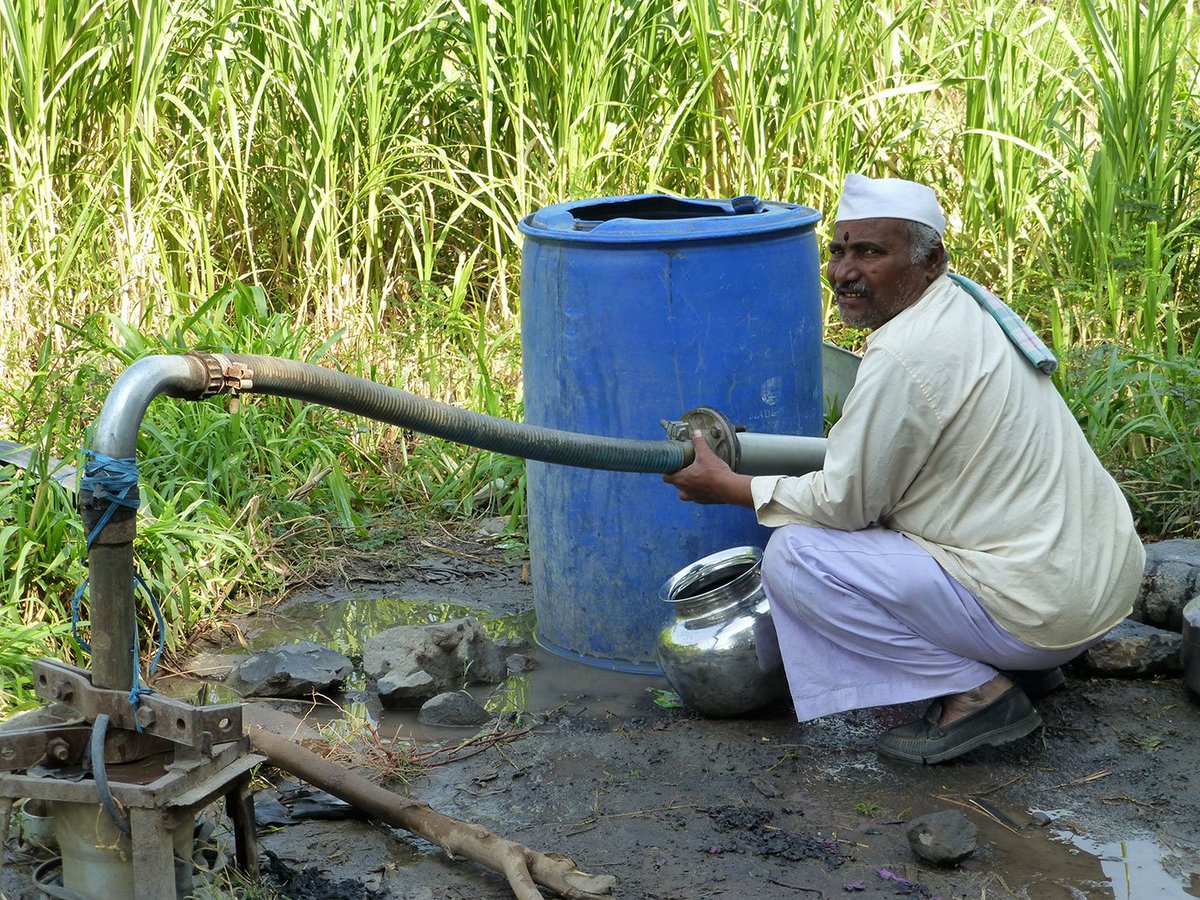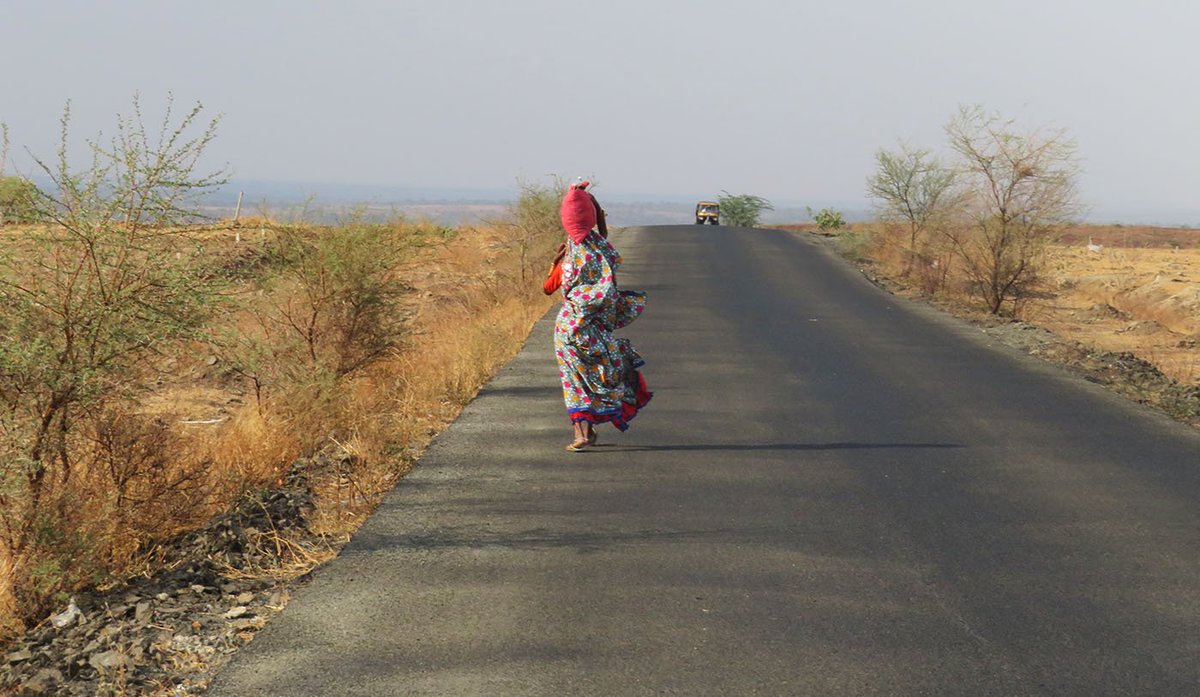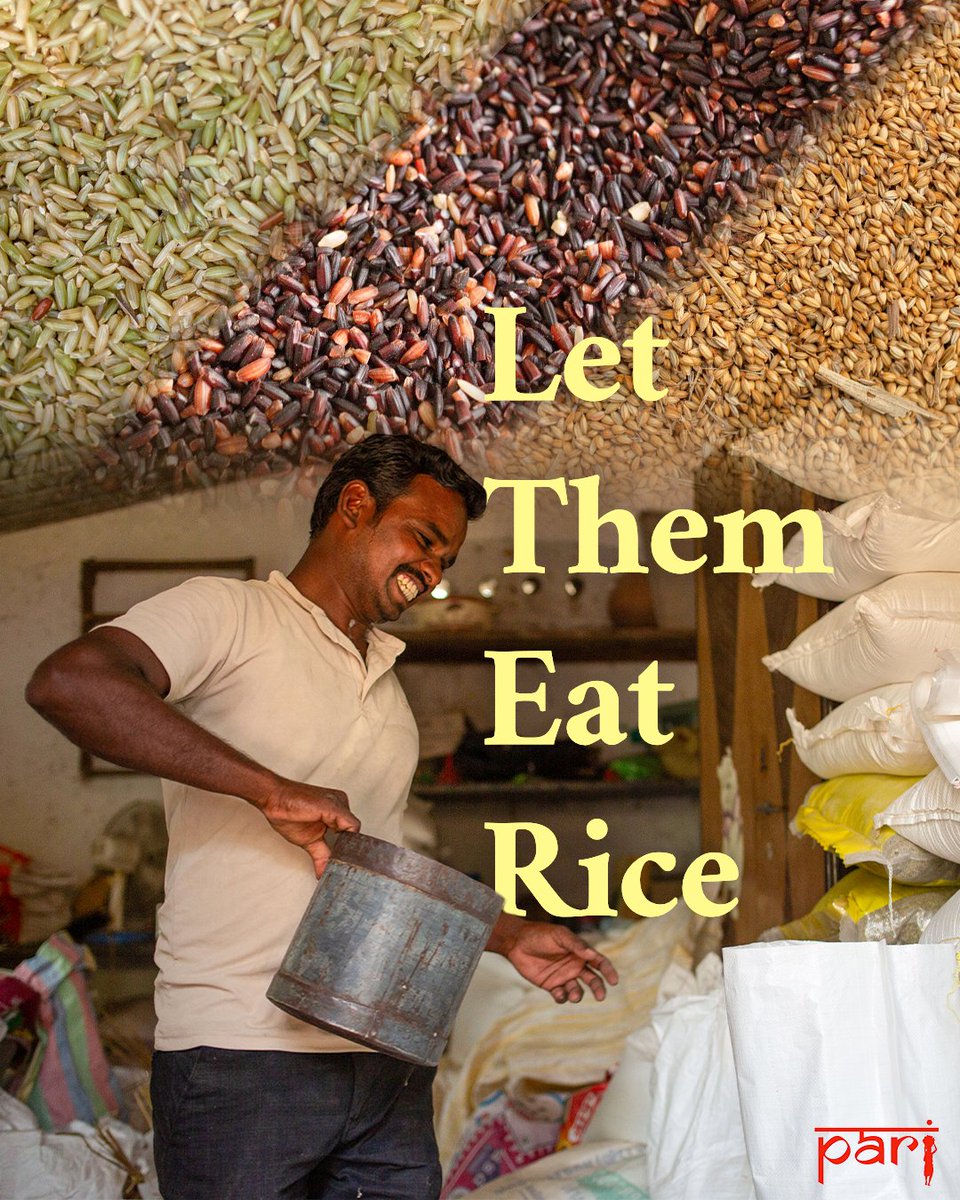In 2013,this report, funded by @UNICEF & @FAO,compiled data on a range of water issues. ruralindiaonline.org/resources/wate…
https://twitter.com/jslaternyc/status/1144483586042548225
This included date on use by households, #sanitation, #agriculture & industry, access for the urban #poor, water #pollution-related health problems, unequal access to water due to #gender inequities, the impact of #climatechange on water resources, and water-related #policy. 



The report draws data from government records and census reports as well as the documentation of various #water #conservation efforts led by communities and the state. 

Additionally, UNICEF and FAO held five #workshops across the countryto discuss water-related problems and possible solutions. Experts, govt representatives, non-governmental organisations and citizens attended these workshops, and their outcome is included in the report as well. 

The authors say that the demand for #water far outweighs its supply due to rapid devpt, a growing population & unequal distribution. Severe water shortages have led to conflicts in the agricultural, industrial &domestic spheres,which are worsened by the effects of #climatechange. 



Despite large-scale investments in water #storage since Independence, India’s #infrastructure for storing water is among the poorest in the world. To address this, the report recommends that those who use water be involved in its management.
One can also read our extensive prescient coverage of how an unprecedented #WaterCrisis will gradually become a crisis for the entire country. ruralindiaonline.org/articles/a-par… 

• • •
Missing some Tweet in this thread? You can try to
force a refresh






















